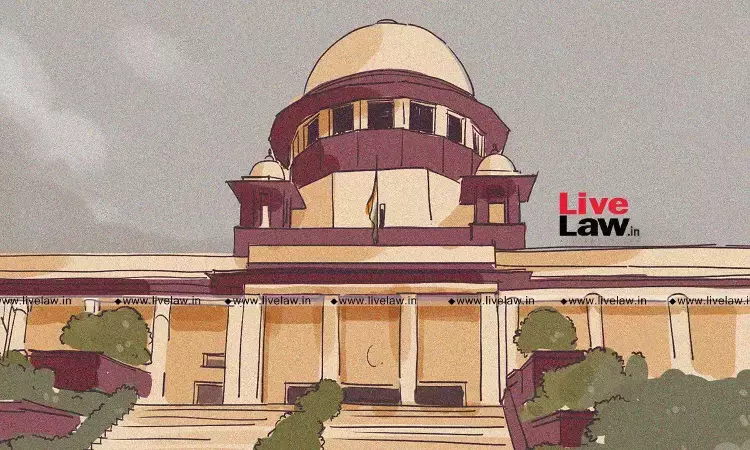- Home
- /
- Top Stories
- /
- Supreme Court Reopens Tomorrow :...
Supreme Court Reopens Tomorrow : Key Hearings & Verdicts Anticipated
Anmol Kaur Bawa
7 July 2024 10:35 AM IST
As the Supreme Court is set to reopen on July 8 after its summer vacation period, here is a brief recollection of the major verdicts and hearings anticipated for the coming half of the year. Key Pronouncements Which Are Awaited : 1. Constitutional Validity Of Section 6A Of Citizenship Act Section 6A of the Citizenship Act 1955 allows foreign migrants of Indian origin, who came to Assam...
Tags
supreme courtImportant HearingsSC Constitutional bench DecisionsPMLA#AMUWB Governor CV BoseMineral TaxIndustrial AlcoholS.6A Citizenship Amendment ActSubclassification#CGST ActArvind Kejriwal ArrestED ArrestBihar Bridge CollapseHathras StampedeDDA VC ContemptNEET-UG 2024#Marriage Equality CaseNew Criminal Laws
Next Story



